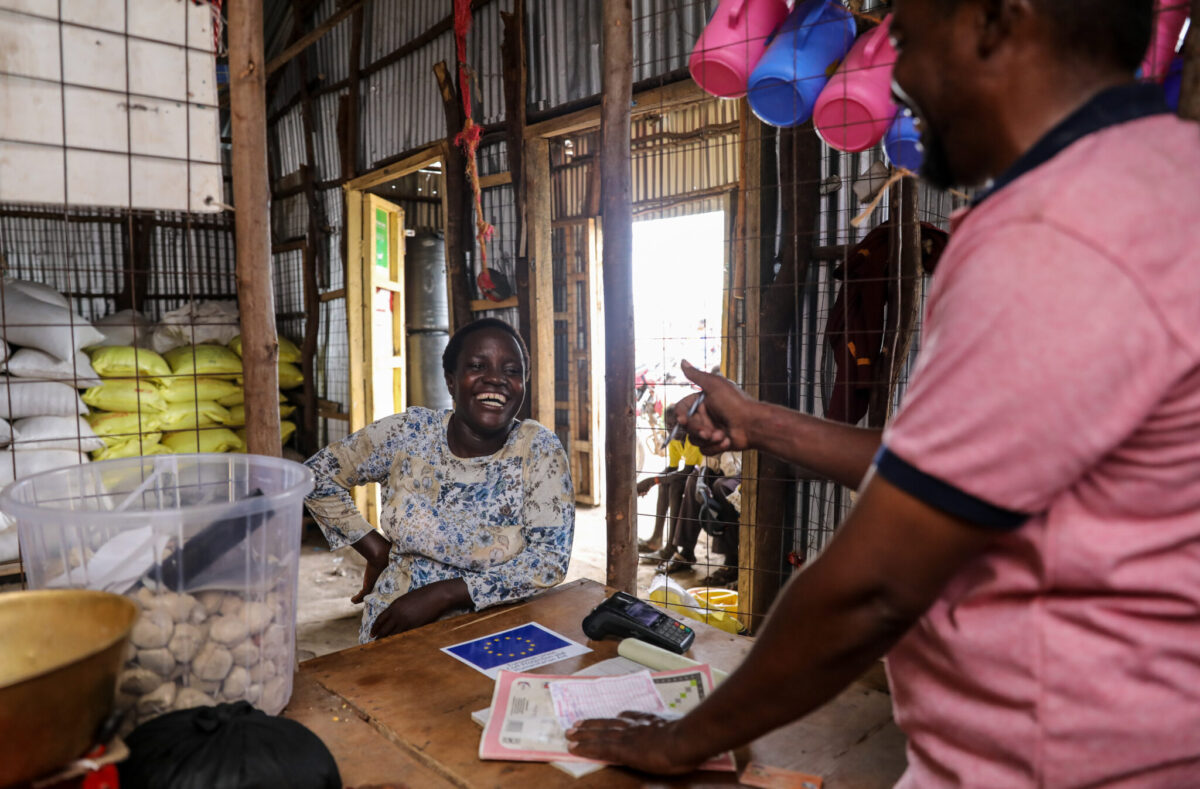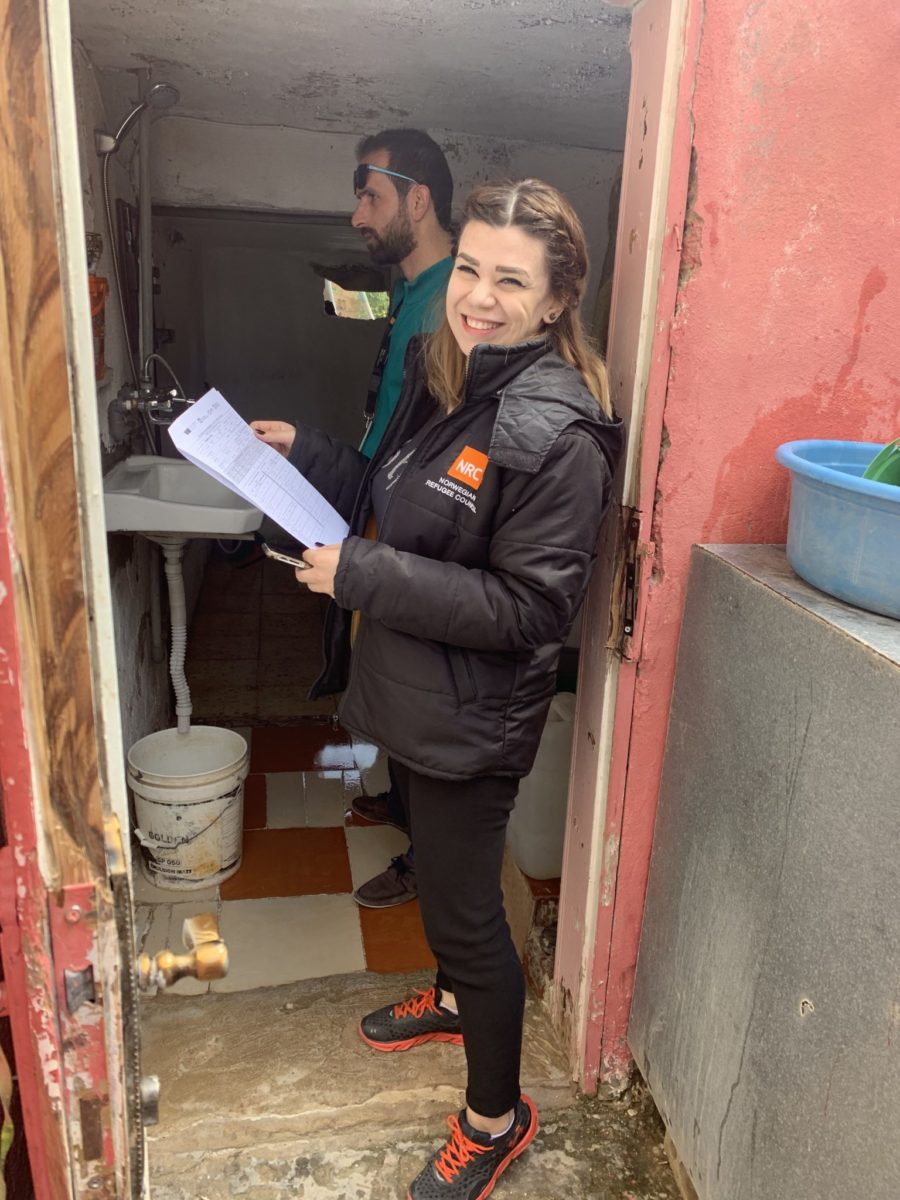Kenya Analytical Program on Forced Displacement (KAP-FD)

Josephina Nyabena is a Burundian refugee at the Kalobeyei settlement in Kenya | Brian Inganga
Study Context
Kenya hosts over half a million refugees, who along with their hosts, face difficult living conditions and limited socioeconomic opportunities. Most refugees in Kenya live in camps located in impoverished counties (84 percent) while 16 percent inhabit urban areas. Refugees in Kenya have become an integral part of the social, cultural, and economic fabric of the country and the local communities that host them. New refugee influxes are expected due to violence and conflict in neighboring countries, coupled with ongoing health and environmental crises. To recommend programs and policies that create more opportunities for sustainable livelihoods, a deeper understanding of the socioeconomic situation, needs, vulnerabilities and potential of refugees and host communities is—and will continue to be—needed.
The Kenya Analytical Program on Forced Displacement (KAP-FD) is a multi-year undertaking to strengthen the global community’s understanding of how refugee and host populations make decisions. This project is a partnership between CEGA, the World Bank, and the UN Refugee Agency (UNHCR).
Study Design
One focus of KAP-FD is a panel survey, among the first systematic efforts to survey a large, representative sample of refugee and host community households in Kenya and to follow that sample over time. The sample includes 6,000 refugee households (primarily from Somalia, South Sudan, DRC, and Ethiopia) and 3,500 national households, and is representative of both camp-based and urban refugees, as well as Kenyans living in major refugee-hosting areas. Households will be surveyed over four waves of data collection from 2022-2024.
The survey is designed to provide multi-faceted insights into the lives of refugees and hosts through novel data. Key dimensions include livelihoods, transition from primary to secondary school, food insecurity, fertility and marriage, women’s empowerment, social norms, mental health, migration trajectories, and social cohesion.
To ensure an inclusive understanding of refugee experiences, the survey interviews heads of households, while systematically targeting additional female members, children transitioning from primary to secondary school, and one other randomly selected household member. Interviewing several members of the same household allows for a deep understanding of the diversity of views across gender and age profiles.
Following the format of the Syrian Refugee Life Study, the research team hopes to eventually pair this panel with impact evaluations of refugee-serving programs and policies.
Another focus of KAP-FD is to build the data ecosystem and capacity of scholars and practitioners from the region to contribute to the sustainable production and usage of displacement data in Kenya. This includes the creation of a data and evidence platform, as well as dissemination and networking efforts to promote research collaboration and stakeholder engagement.
Results
Forthcoming.


